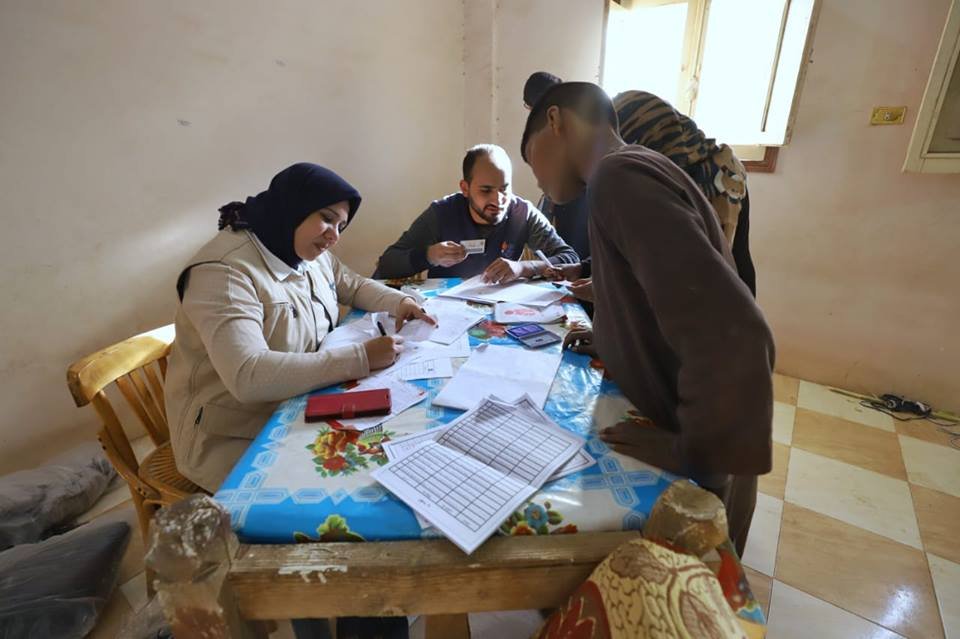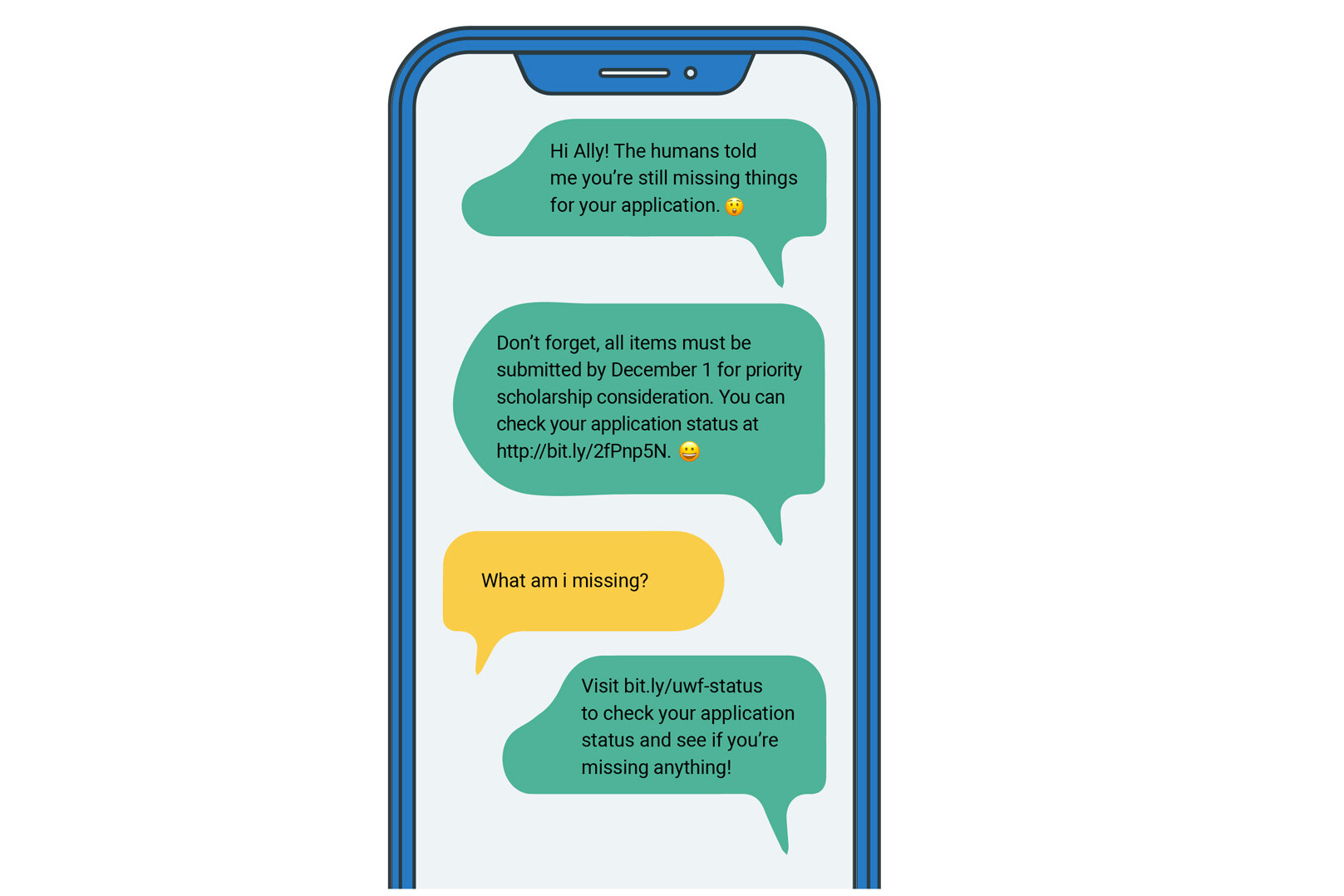The New Innovator's Dilemma: Fostering Young Talent in the Age of AI
AI is dramatically changing entry-level work by reducing opportunities for human-to-human feedback and mentorship. Some employers and educators, however, are finding ways to help recent graduates and young workers gain the experience and connections needed to launch their careers.
Helping Youth Facing Barriers to Employment: When Small is an Advantage
Small organizations can often provide the most effective approaches to helping youth who face serious barriers to employment. Andrew McKnight, Executive Director of The Challenge Program and CP Furniture, describes the advantages of being nimble and innovative, along with the realities and challenges of being a small nonprofit working with this population of youth.
Modernizing Workforce Development for a Healthy and Inclusive Economy
FUTURE OF WORK SERIES:
Millions of people languish at the margins of the workforce despite nearly two open positions for every unemployed job seeker. Kate Markin Coleman, 2017 Harvard ALI Fellow, offers principles for a data-based, stakeholder-driven, collaborative approach to modernize the nation’s workforce development system.
Care Worker Shortage and Part-Time Work Culture in the Netherlands – An Integrated Approach to Tackle this Labor Conundrum
FUTURE OF WORK SERIES:
The world is facing a shortage of workers. Wieteke Graven, the founder of HPP, summarizes the employment situation in the Netherlands, and details how HPP is helping employers to shape the future of work.
Invest in Gang Members: A Counterintuitive Approach to Community Change
SOCIAL EQUITY SERIES:
How can investing in gang members transform our communities? Michelle Caldeira and Mark Culliton discuss the counterintuitive approach that Uncornered takes to address violent crime.
Closing the Racial Wealth Gap Begins with One Person, One Community at a Time
SOCIAL EQUITY SERIES:
Closing the racial wealth gap is a generational challenge. Khamla Erskine, the executive sponsor of The Fellowship Initiative, details how JPMorgan Chase is bridging the divide, one community at a time.
Southwire Company and Georgia Schools Innovative Partnership Increases At-Risk Students’ Graduation Rates
SOCIAL EQUITY SERIES:
How does a leading wire and cable manufacturer become a source of transformation for at-risk students? Burt Fealing from Southwire and Ethan Rouen from the Harvard Business School describe the 12 for Life program and how it has partnered with communities and achieved collective success.
Empowering Young People in Low- and Middle-Income Countries Can Ease the Immigration Crisis and Save Lives
OPINION COMMENTARY:
Like many from countries where poverty and unemployment run high, a large number of young people in Upper Egypt feel hopeless. Ahmed Elmoursi proposes setting up training academies in the region to address the skills gap and provide the needed bridge between school and work.
Solving Workforce Skills Gaps: Community Colleges, Employers and Integrators
FUTURE OF WORK SERIES:
Quality jobs that provide local living wages and equitable access to career pathways have become a critical part of the “future of work” conversation. Richard Kane and Barry Puritz of the Harvard Business School Club of New York’s Skills Gap Initiative, and Kenneth Adams, President of the LaGuardia Community College, discuss the creation of a non-degree program that is providing life-changing career pathways for individuals from low-income communities.
Tracking New Trends in the Labor Movement
FUTURE OF WORK SERIES:
Among younger workers, labor unions are gaining popularity. Steven Greenhouse explains how this movement has become more democratic than it was a generation ago, and he provides policy recommendations for the future of work.
We Don’t Need Permission: How Black Business Can Change Our World
Eric Collins, founder of Impact X Capital and host of the UK The Money Maker, discusses how black entrepreneurship and business ownership is a pathway to black empowerment. He gives us his advice on how we can be disruptive visionaries and boldly create the world we want to see.
A Pragmatic Approach to Connecting Social Innovators and Investors: Moonshot in Baltimore
Social innovators and entrepreneurs of color often highlight challenges they face in making connections with funders, champions, and sponsors. These result in barriers that hamper development and advancement of their creative work. Dr. John Brothers, President of the T. Rowe Price Foundation, talks about the evolution of the Foundation’s approach to philanthropy, leading to the creation of Moonshot, an innovative, multi-year program designed to bring Baltimore’s entrepreneurs of color together with the global investment management firm’s network of investors and sponsors.
America’s Secret Weapon for Global Competitiveness is Diverse Tech Talent in the “Last Mile”
OPINION COMMENTARY:
As the United States falls behind other developed nations in building a workforce that fuels competitive innovation, Ruthe Farmer, founder and CEO of a non-profit fund focused on diversity and inclusion in tech proposes a plan with a high return on investment: low-income students in their last mile of earning a technical degree.
The Labor Movement is Bubbling Across the Country - Every American Must Support the Cause
OPINION COMMENTARY:
The COVID-19 pandemic served as a catalyst for a revived labor movement that looks drastically different from the stereotype of white men working in a factory. Americans who want all workers to live a life of dignity must get involved.
A Hand Up, Not a Hand Out! To Address Racial and Economic Injustice, Bridge the Skills Gap
As we work to ensure a more just economic recovery, business leaders, policy leaders and philanthropists all have an important role to play. Paul Salem discusses how tested programs like Year Up plays a critical role in creating an integrated talent ecosystem for young people of color to succeed.
A Pathway to Opportunity for Low-Wage Workers
A conversation with social entrepreneurs Rebecca Taber Staehelin and Connor Diemand-Yauman, the Co-Founders and Co-CEOs of Merit America — who seek to change the workforce on-ramp.
An Equitable Economic Recovery Post-COVID Needs Inclusive Small Business Entrepreneurship
COVID-19 RECOVERY SERIES:
To truly ensure economic racial justice and a more equitable recovery post-COVID, we need to help existing and would-be BIPOC entrepreneurs. Gail Goodman discusses how inclusive entrepreneurship is a powerful tool for battling income inequality and workforce displacement.
Using Artificial Intelligence to Navigate the New Challenges of College and Career
Even before the outbreak of COVID-19, the path to economic opportunity in the United States has become less clear as workers’ careers have taken increasingly non-traditional routes. Mike Meotti and Drew Magliozzi paint a compelling portrait of how technology can carve new tracks and create new ways of working.


















